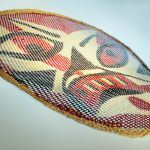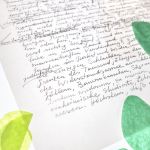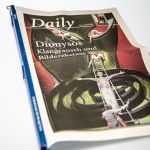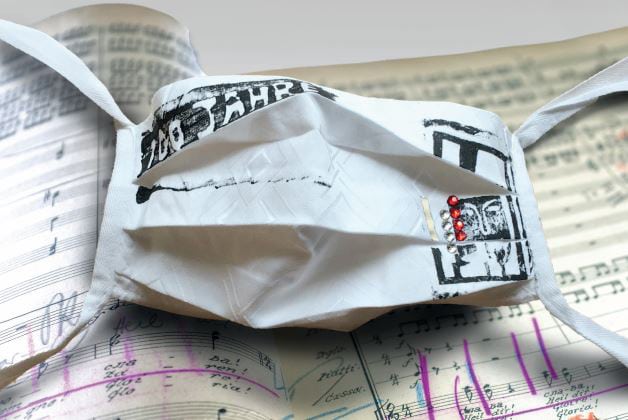
1 – 30 August
For 2020, it had been planned to put the Salzburg Festival itself under the microscope, and also the myth it has been creating by constantly retelling, for example, the works of Strauss and Mozart, or the Jedermann/Everyman play.

20 July – 31 August
Oedipus, Medea and the heroes of the Trojan War; war, flight, fate, self-finding and loss of self; sacrifice, guilt and atonement are at the core of these works, the ancient myths which the 2019 Festival summer aspired to explore anew: Mozart’s Idomeneo, Cherubini's Médée, Offenbach's Orphée aux enfers …

26 July – 30 August
The Lithuanian soprano Asmik Grigorian had already débuted at the Salzburg Festival as Marie (Wozzeck) in 2017 and captivated the public with her authentic interpretation.

21 July – 30 August
‘Festivals must create astonishing artistic constellations’: with this ambition Markus Hinterhäuser began his term as Artistic Director in 2017 and brilliantly kept his promise: with Berg’s Wozzeck in the evocative world of images of the universal artist William Kentridge; with Verdi’s Aida (Anna Netrebko) interpreted by the Iranian photographic and video artist Shirin Neshat and Riccardo Muti; with Reimann’s Lear in Simon Stone’s and Franz Welser-Möst’s extraordinary interpretation; with Shostakovich’s Lady Macbeth of the Mtsensk District in a congenial realization by Mariss Jansons and Andreas Kriegenburg.

22 July – 31 August
2016 saw the world première of The Exterminating Angelby Thomas Adès. The commissioned work is based on Luis Buñuel’s film El ángel exterminador. The guests of a festive party are held captive by a higher power in a villa; slowly but surely all conventions are fragmented.

18 July – 30 August
Harry Kupfer’s illustrious new production of Strauss’s Der Rosenkavalier, conducted by Franz Welser-Möst, had already had its first performance in 2014. The season was dedicated to the memory of the outbreak of the First World War in 1914.

18 July – 31 August
Since 2012, Cecilia Bartoli has been the Artistic Director of the Whitsun Festival and has taken it to an unparalleled success. The mezzo-soprano has chosen iconic roles – Cleopatra in Handel’s Giulio Cesare, Bellini’s Norma, Rossini’s Angelina and Isabella, Gluck’s Iphigénie, Bernstein’s Maria and Handel’s Ariodante and Alcina – to take epic trips through the world of bel canto.

19 July – 1 September
Sven-Eric Bechtolf had planned a wide-ranging straight drama repertoire already in 2012, including Kleist’s Prinz Friedrich von Homburg staged by Andrea Breth, or Irina Brook’s interpretation of Ibsen’s Peer Gynt, and Händl Klaus’s ‘musical play’ Meine Bienen. Eine Schneise/My Bees. A Swath performed by Musicbanda Franui in its world première.

20 July – 2 September
Alexander Pereira’s term as Artistic Director initiated the ‘Ouverture spirituelle’ and a fireworks of permières: Die Zauberflöte/The Magic Flute, with Nikolaus Harnoncourt and the Concentus Musicus; Das Labyrinth (‘Der Zauberflöte zweyter Theil’)/The Labyrinth (‘The Second Part of The Magic Flute’) by Peter von Winter on the 200th anniversary of Schikaneder’s death; Sven-Eric Bechtolf’s Ariadne celebrating the centenary of its first performance; Puccini’s La bohème with Anna Netrebko and Piotr Beczała...

27 July – 30 August
In the season of his interim period as Artistic Director, Markus Hinterhäuser placed striking key accents on the repertoire: the first collaboration between Peter Stein and Riccardo Muti produced a great success for Verdi’s Otello. Christian Thielemann celebrated his acclaimed first performance conducting opera in Salzburg with Strauss’s Die Frau ohne Schatten/The Woman without a Shadow.

25 July – 30 August
The core theme of the 2010 Festival season was myth and its potential to symbolize elemental human experiences. One of the high spots was the world première of Wolfgang Rihm’s Dionysos; the composer based his libretto on Nietzsche’s Dithyramben.
1 – 30 August
For 2020, it had been planned to put the Salzburg Festival itself under the microscope, and also the myth it has been creating by constantly retelling, for example, the works of Strauss and Mozart, or the Jedermann/Everyman play.
The centenary season was planned to strike up with Jedermann: with Tobias Moretti and directed by Michael Sturminger (since 2017). The opera programme was meant to start with the new production of Strauss’s Elektra, followed by Mozart’s Don Giovanni – also a core component of the Salzburg Festival’s DNA. Scheduling Mussorgski’s Boris Godunov for 2020 was also a reference to the Festival’s history: for in 1965, Herbert von Karajan’s production of Boris Godunov had been an opulent highlight of the Festival. Another milestone was the new production of the opera by Claudio Abbado and Herbert Wernicke 1994, which was hailed as one of the most impressive productions of the Mortier era. Mariss Jansons looked forward to taking on the opera jointly with Christof Loy in 2020. But the great conductor died at the end of 2019.

